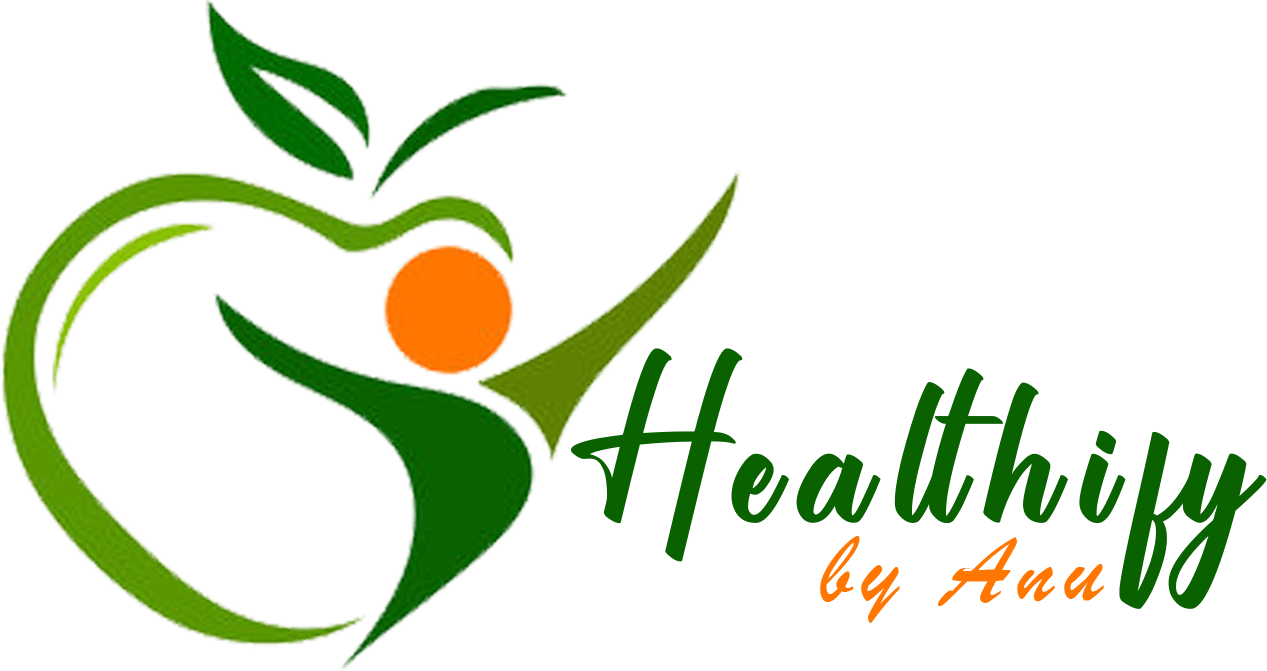Simple, Effective Nutrition Tips for Managing PCOS

Recent Posts :
Categories :
Posted on :
November 14, 2025
Share :
PCOS is a prevalent hormonal issue that affects weight, metabolism, skin, and overall health. Healthy living can manage symptoms and improve hormone function, but there is no cure. Women with PCOS can lose weight, control blood sugar, and reduce inflammation by following simple diet modifications. All of these Nutrition Tips for PCOS Management simplify daily life. This diet advice is helpful.
How Can Balanced Eating Help Manage PCOS?
Healthy eating is the best method to manage PCOS. Foods that control blood sugar can reduce PCOS symptoms because insulin resistance is a major factor.
Short lines assist your body digest food and maintain energy throughout the day. Your hormones perform better with the appropriate diet.
- Eat carbs with protein or healthy fats
- Eat every three to four hours to maintain blood sugar levels.
- Sticking to whole foods instead of artificial ones
- Making sure you drink enough water during the day
A plate with the right amount of food on it speeds up your metabolism, stops you from feeling hungry, and keeps your energy level steady. This makes it simple to handle changes in hormones.
What Foods Should You Include for Better Hormonal Health?
If you eat the right things every day, your hormones will be more balanced and inflammation will go down a lot. Foods that are good for PCOS have minerals and vitamins that are good for your health in general, as well as fiber.
Pay attention to these important groups:
Fiber-rich foods
Fiber keeps your blood sugar level steady and helps your body break down food better. It helps you keep your weight in check and makes insulin work better in your body.
- Whole grains
- Oats
- Lentils
- Berries
- Leafy greens
Lean Proteins
A lot of nutrients can help you keep your hunger and insulin levels in check.
- Eggs
- Chicken
- Fish
- Paneer
- Beans and legumes
Good Fats
Good fats lower inflammation and help the body make chemicals.
- Avocados
- Nuts and seeds
- Olive oil
- Fatty fish
Adding these foods to your meals will give your body the building blocks it needs to keep hormones in check. Over time, they also help you stay healthy, feel less tired, and have better feelings.
What Foods Should You Limit or Avoid for Better PCOS Control?
Having less of some things is just as important as having more healthy ones. Feeds that make swelling or high blood sugar worse can make PCOS signs worse.
Common foods to limit include:
- Sugary drinks and desserts
- White bread and refined grains
- Fried and oily foods
- Processed snacks
- Excess dairy for those who are sensitive
- Red meat in high quantities
By cutting back on these things, you can keep your insulin levels from rising too quickly and keep your metabolism in good shape. These Nutrition Tips for PCOS Management may help with acne, gas, and periods that don’t go as planned over time.
Conclusion
When nutrition and attitude work together, it’s much easier to deal with PCOS. Simple changes, like eating more whole foods, making sure meals have the right amount of protein and healthy fats, and cutting back on sugar, can make a big difference in reproductive health. Your body stays more insulin-sensitive and inflammation goes down when you stick to habits like mindful eating and frequent exercise. Even though PCOS lasts a long time, these simple but effective Nutrition Tips for PCOS Management can help you feel more in charge, improve your health, and make a healthier habit that you can use every day.
FAQs
There is no one “best” diet, but a plan that includes lots of fiber, lean protein, healthy fats, and low-glycemic foods works well for most people. Not having strict rules is more important than always following them.
Yes, when women change what they eat and how they live, they often see improvements in their weight, skin, happiness, and how often their periods happen. That being said, it’s always best to talk to a health care professional and get unique knowledge.




